Nigerians have remained at the forefront of cryptocurrency innovation and adoption in Africa, and c’mon, we deserve a pat on the back.
With many Nigerians involved in the crypto space and many more joining daily, we cannot overemphasise the importance of keeping your crypto assets safe. So, how can you do this? By storing them in a secure cryptocurrency wallet, of course.
Are you looking for the best decentralised crypto wallets but overwhelmed by your options? I’ve got you covered. After much research and first-hand experiences gotten from people, I have narrowed down the top ten decentralised crypto wallets good for Nigerians.
Are you an OG crypto investor or a newbie? These wallets are worth considering for your storage and trading needs.
What Is a Decentralised Crypto Wallet?
Decentralised crypto wallets are wallets that you manage and maintain all by yourself. Unlike other wallets provided by financial institutions or crypto services, decentralised wallets exist on your computer or removable drive, which means you can skip third-party services and have more control over your transactions.
I have to be honest with you: decentralised wallets aren’t really for beginners. They require a certain level of expertise to maintain securely. But, as you get more into cryptocurrency, you might find decentralised wallets more appealing.
So, here’s how they work; decentralised wallets allow peer-to-peer transactions, which is like the digital equivalent of paying in cash. This means you can skip regulatory bodies and keep your transactions genuinely private. Before cryptocurrencies came around, this type of transaction over the internet was impossible.
Transacting peer-to-peer is essential for a few reasons, primarily for security and independence. When you involve a third party, you inherently increase security risks. Breaches and hacks are just a part of life nowadays. Plus, peer-to-peer transactions help eliminate the threat of corporate or government financial surveillance. Simply put, people using decentralised wallets don’t want people monitoring their every financial move.
Let’s take a look at the two forms decentralised wallets come in.
Types of Cryptocurrency Wallets
1. Hot Wallets:
Simply put, a hot wallet is an online cryptocurrency wallet which you need an internet connection to access. This type of wallet is more suited to beginners because it is much easier to use and is crypto-newbie-friendly. Hot wallets are usually mobile, desktop and web-based wallets.
The downside of this wallet type is that it is prone to attacks and hacks.
Because it is online-based, hackers can easily access your funds, and nobody wants that.
2. Cold Wallets:
From the definition of a hot wallet above, you can probably guess what a cold wallet is. A cold wallet is a cryptocurrency wallet not connected to the internet. A cold wallet is usually a physical drive that would need to be connected or plugged into a computer. It is safer to use because your wallet will need to be physically stolen to gain access to your assets stored in it.
Although this wallet type is more secure, it is less convenient as it cannot be accessed anywhere you are, on the go.
Top 10 Decentralised Crypto Wallets
1. Trezor Model T:
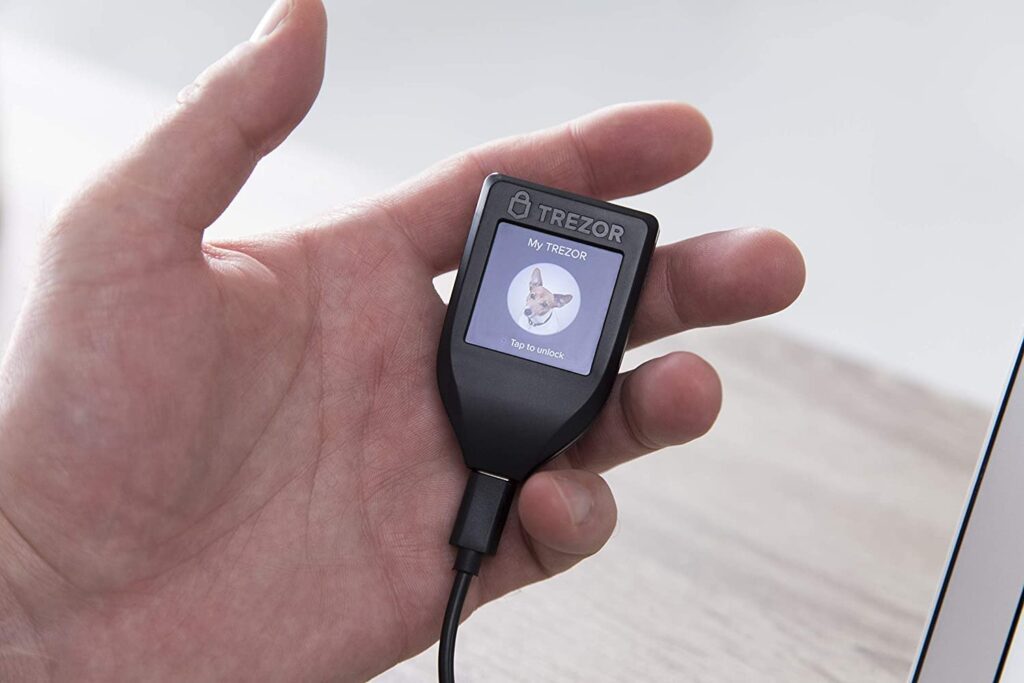
Trezor Model T
It is an easy-to-use hardware wallet with a user-friendly touch screen; plus, you can encrypt your MicroSD card for added security. Another cool feature is that it can connect with third-party exchanges like CoinSwitch and Changelly, making your life much easier. The Trezor Model T supports over 1,600 cryptocurrencies, so you’re covered.
2. Ledger Nano X:
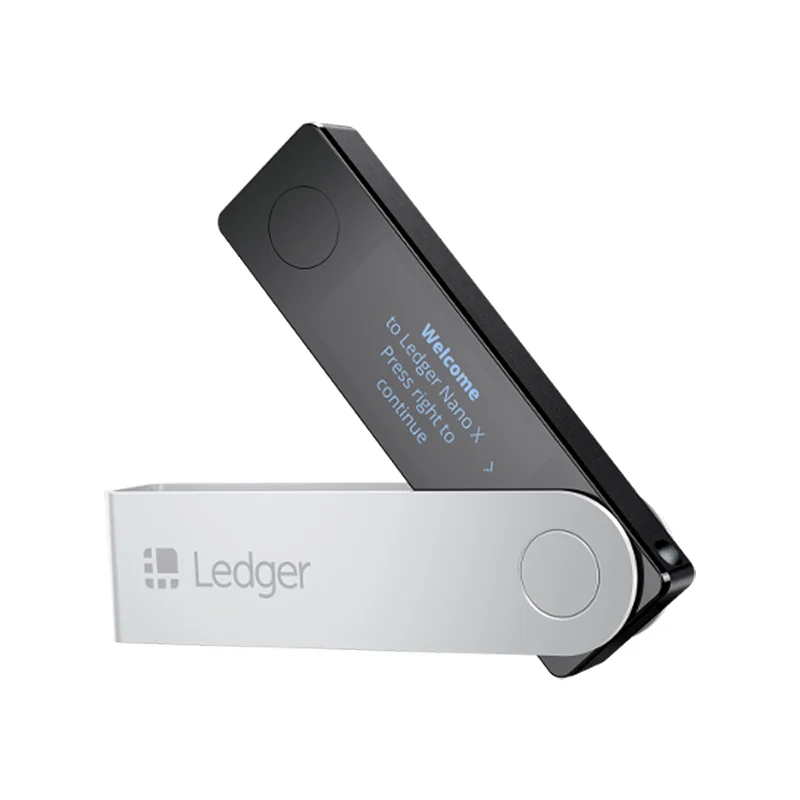
Ledger Nano X
Another excellent hardware wallet is the Ledger Nano X. It’s been popular for years and supports over 1,800 cryptocurrencies. With Ledger, you get the best of both worlds – the security of a cold storage wallet and the convenience of the Ledger Live software for portfolio management. Connecting to your computer or mobile device and moving your cryptocurrency around is easy.
3. MyEtherWallet:

MyEtherWallet
Released in 2015, MyEtherWallet is a free and open-source wallet based on the Ethereum blockchain. While it’s not a crypto wallet on its own, it allows you to create wallets that operate on the Ethereum network. One big plus is that your wallet is stored directly on your computer, not external servers. It also eliminates any security vulnerabilities that come with housing Ethereum in a web-based wallet.
4. ZenGo:
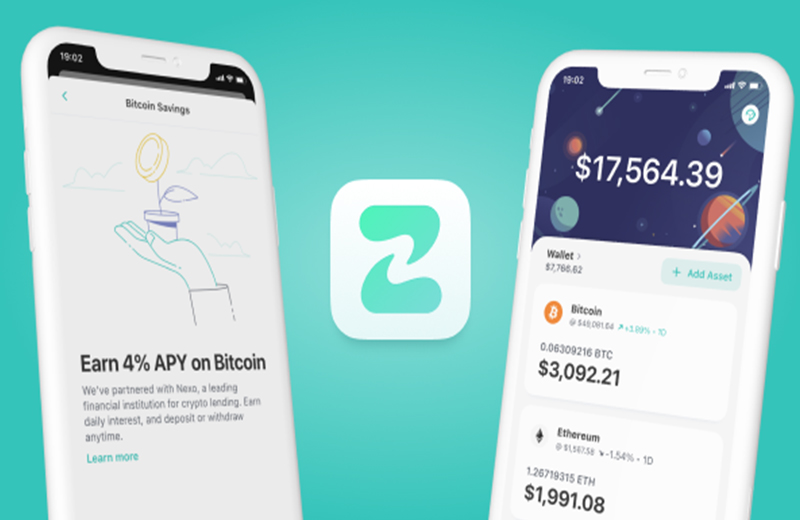
ZenGo
The ZenGo wallet is a game-changer in the world of crypto wallets. It’s the first Web3 wallet to use encrypted biometrics for security, meaning it has no private key vulnerability. This technology has been used by billion-dollar institutions for years, but ZenGo is the first crypto wallet to offer these advanced security features. With no private key to lose or steal, ZenGo’s wallet removes the main vulnerability leading to NFT theft, a hacker’s worst nightmare. ZenGo offers 24/7 in-app customer service with real people and supports 70+ assets, including Bitcoin, Ethereum, and Tezos.
5. Mycelium:
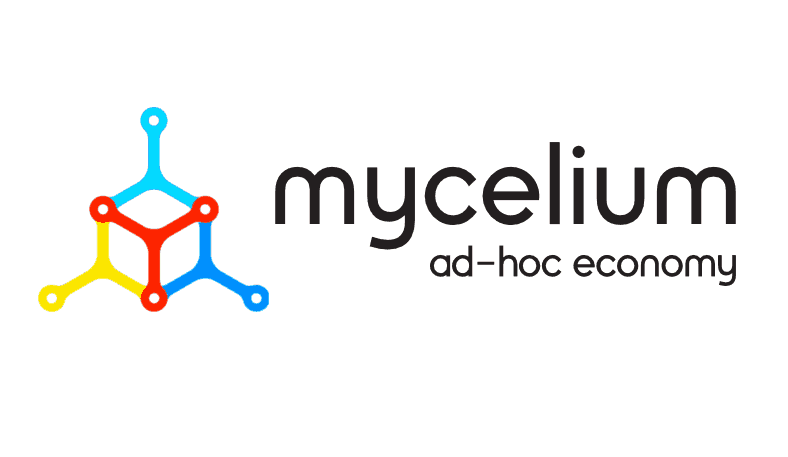
Mycelium
This is mobile crypto wallet that gives you complete control over transaction fees and integrates with major hardware wallets. It’s non-custodial, so you have complete control over the private key and PIN. Mycelium supports advanced features like cold storage integration, spending accounts, and single-address savings accounts. It’s an open-source wallet that has been around since 2008 and supports various storage services. Mycelium has partnered with Glidera, Cashila, and Coinapult to provide financial services.
One of the most fantastic things about Mycelium is its decentralised in-person exchange marketplace called “Mycelium Local Trader”. This marketplace allows users to connect with each other and facilitate the buying and selling of Bitcoin in a secure environment. Mycelium is an excellent option for investors looking to securely manage their Ethereum, Bitcoin, and ERC-20 tokens.
6. Crypto.com DeFi Wallet:
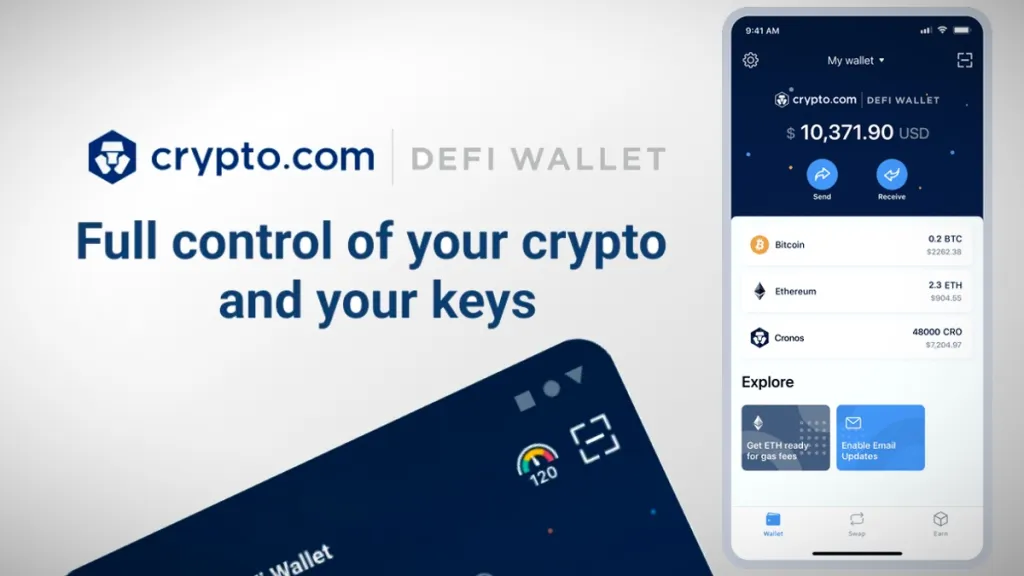
Crypto.com DeFi Wallet
This wallet is brought to you by Crypto.com – one of the most astounding crypto exchanges out there. The Crypto.com DeFi wallet is non-custodial, meaning you have complete control over your holdings and private key.
One of the things we love about this wallet is that it supports over 100 crypto-assets, including many of the best altcoins and DeFi tokens. And get this, when you send any of these assets to another wallet, you get to choose how fast you want to send it, saving you some money on network fees. How awesome is that?
But wait, there’s more! The Crypto.com DeFi wallet also has a cool DeFi Earn feature. This feature allows you to earn some yield on over 35 supported tokens. Our Crypto.com DeFi wallet review also revealed that you can provide liquidity to the platform and get a share of the token swap fees.
Crypto.com offers a ‘Crypto.com Tax’ service that integrates with the wallet and optimises your tax reporting. So not only is this wallet fun and easy to use, you don’t have to wrack your head when it comes to the boring stuff.
7. Trust Wallet:
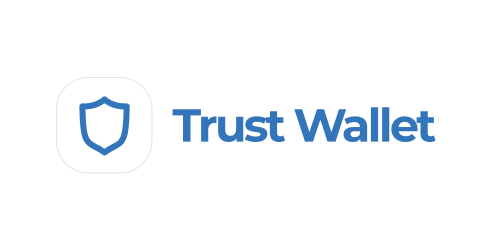
Trust Wallet
The Trust Wallet is the cool kid on the block! It’s a mobile online crypto wallet that’s super popular among crypto enthusiasts. But get this – it’s actually the official mobile app of Binance, one of the biggest cryptocurrency exchanges in the world! Despite its links to Binance, the wallet is non-custodial, which means it does not keep your private keys.
The Trust Wallet supports over 65 blockchains, so it can store a wide variety of digital assets – over 4.5 million coins and tokens, the largest number on our list. That’s a lot of crypto coins! Plus, the Trust Wallet is perfect for you if you’re into NFTs and decentralised apps. It comes with a built-in Web3 browser, so you can access dApps and blockchain games directly through the app. The best part is that you can buy and store tokens using the incorporated decentralised exchange without leaving the app. Easy peasy!
8. Metamask:
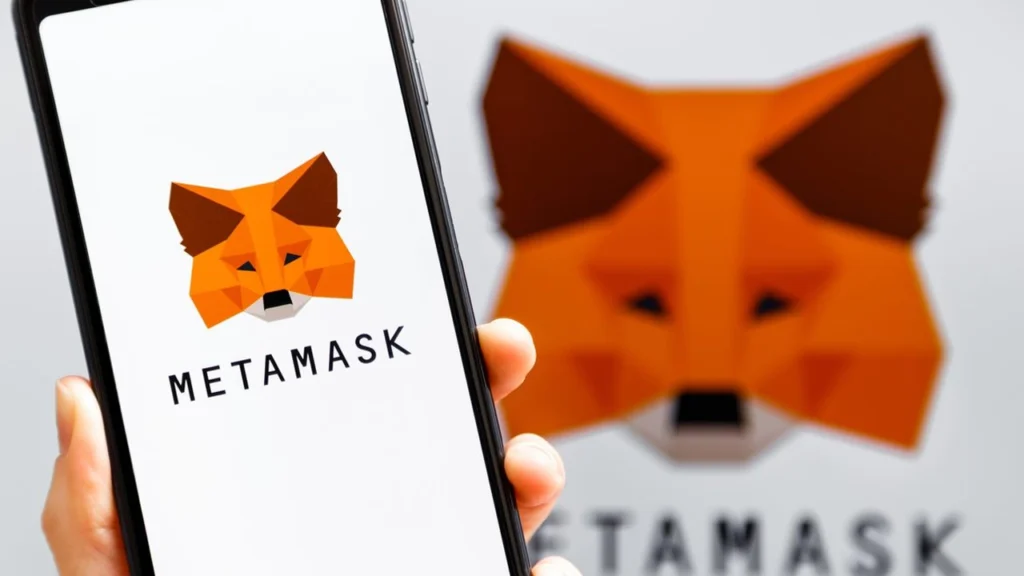
Metamask
Looking for a DeFi wallet with a huge user base and great features? Look no further than MetaMask! This wallet is a top choice for crypto investors and enthusiasts, with over 30 million monthly active users.
MetaMask is a versatile wallet with full Ethereum blockchain support, available as a mobile app and browser extension. With MetaMask, you can aggregate data from various sources to find the best prices and lowest network fees when making token swaps. Plus, the wallet spreads your orders across multiple exchanges, protecting you against slippage.
One of the reasons MetaMask is so popular is its partnerships with leading protocols like Uniswap, Curve, 1-inch, and more. This allows the wallet to offer some of the best rates and fees in the industry. So whether you’re a DeFi newbie or an experienced investor, MetaMask is an excellent choice for all your wallet needs.
9. Electrum:
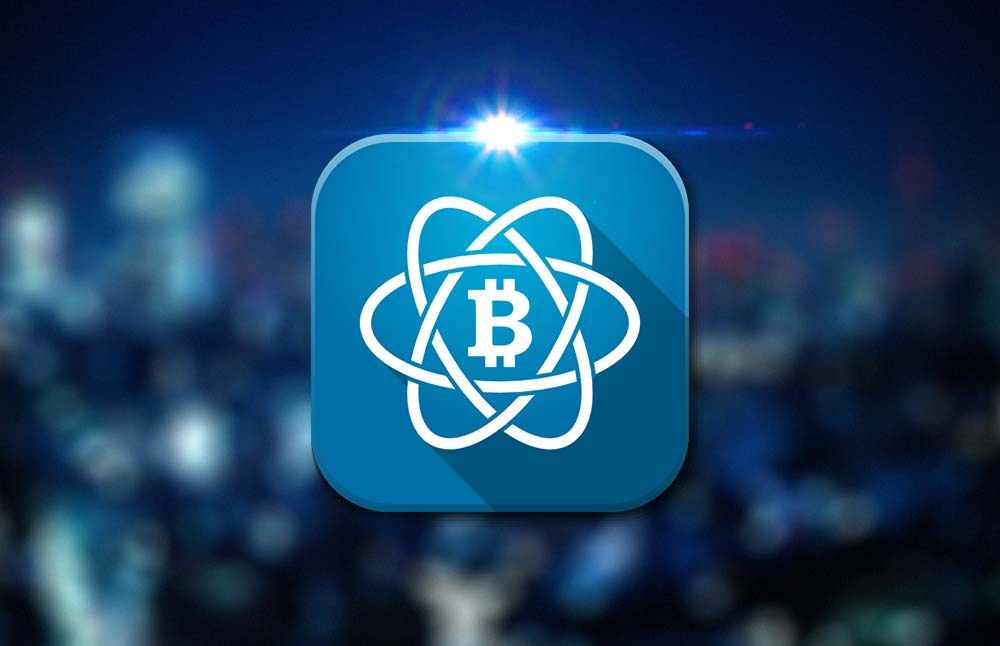
Electrum
Founded in 2011, Electrum is one of the OG wallets from back in the day. It’s also one of the few remaining cryptocurrency wallets that only supports Bitcoin, meaning you won’t find any altcoins or tokens here.
But don’t let its singular focus fool you – Electrum is a top-performing wallet with impressive security features. It’s got 2FA, multi-signature support, and even enables you to adjust transaction fees to control how fast your Bitcoin transfers go through.
One of the most unique things about Electrum is its use of a lightweight client. This means it doesn’t take up as much space on your computer as other wallets and is super easy to set up. By using simple payment verification (SPV), Electrum only downloads necessary parts of the Bitcoin blockchain to speed up transactions without compromising security. So if you’re a Bitcoin maximalist looking for a reliable wallet, Electrum might be the one for you.
10. Exodus:
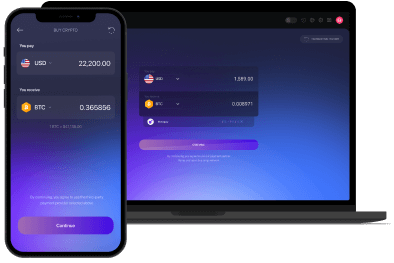
Exodus
This wallet offers a sleek and user-friendly design that differentiates it from other wallets. Initially a desktop-only wallet, Exodus now has apps for iOS and Android and can also work with Trezor wallets, a famous hardware crypto wallet brand. Nonetheless, the desktop wallet application — available across Windows, Linux and Mac operating systems — is still the wallet’s core offering and is updated every two weeks.
Exodus supports over 260 crypto coins and non-fungible tokens, much larger than many other hot wallets. This includes popular altcoins like Ether, Bitcoin Cash, XRP and Litecoin, and famous memecoins like Dogecoin and Shiba Inu.
Exodus also offers a variety of apps that continue to diversify the wallet’s functionality. You can access live charts, stake crypto, and even deposit funds directly into the wallet. With Exodus, managing your digital assets has never been easier or more visually appealing.
Conclusion
A seasoned crypto trader or a newbie still trying to grasp the ropes? It doesn’t matter. The most important thing that certainly cannot be compromised is the safety of your crypto assets.
This list gives you a narrowed-down catalogue of decentralised wallets to consider.
Take your time and research your options and see if it’s the right fit for you based on your financial goals and needs.
